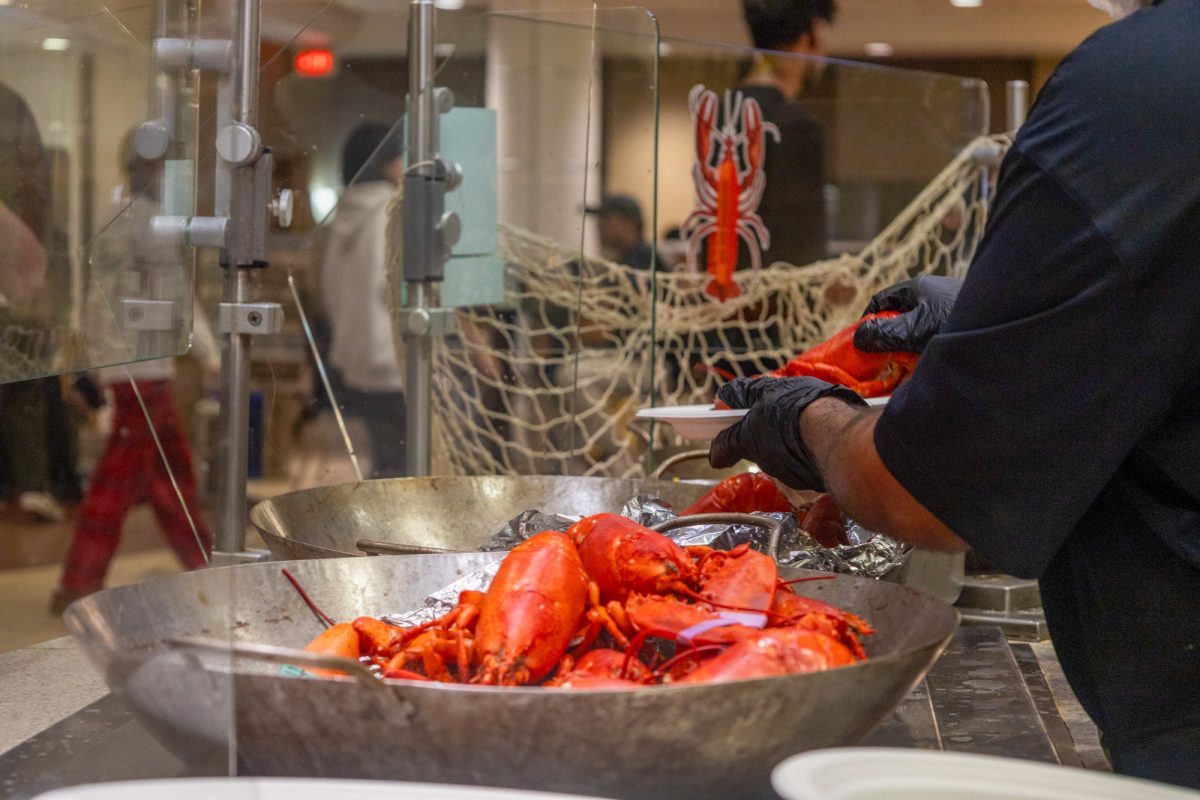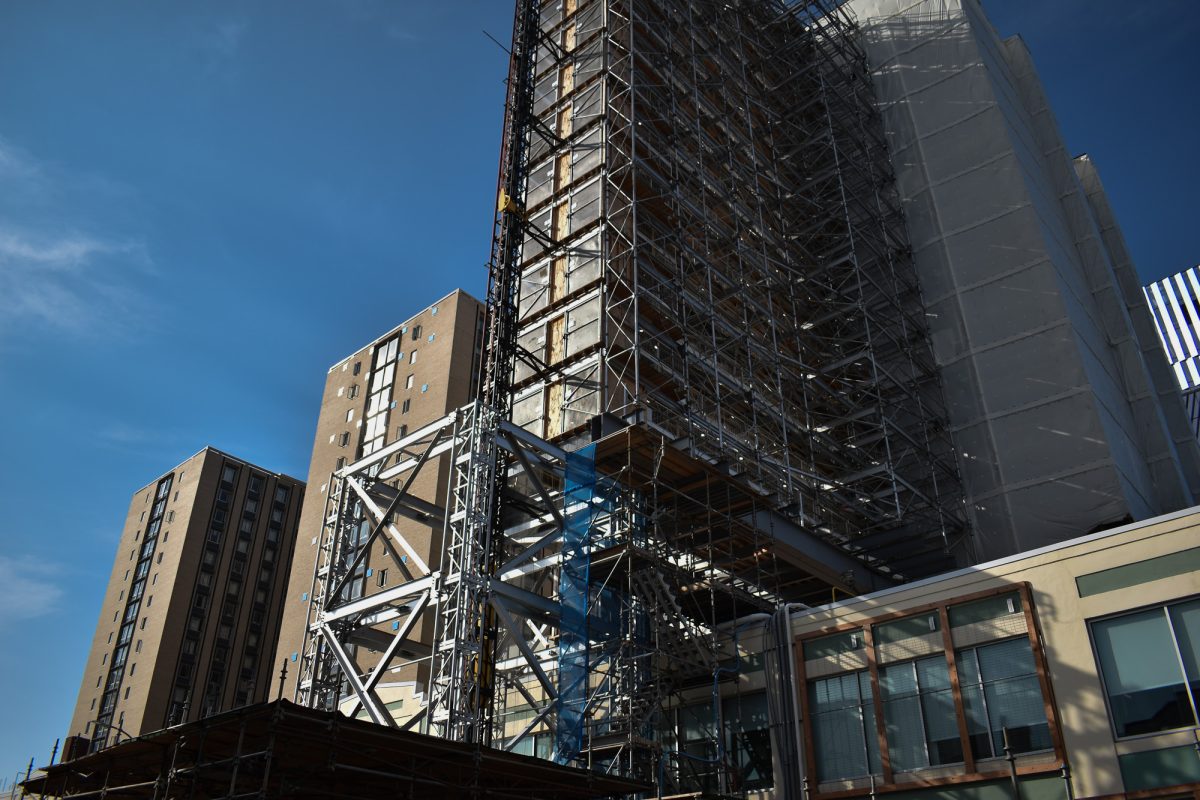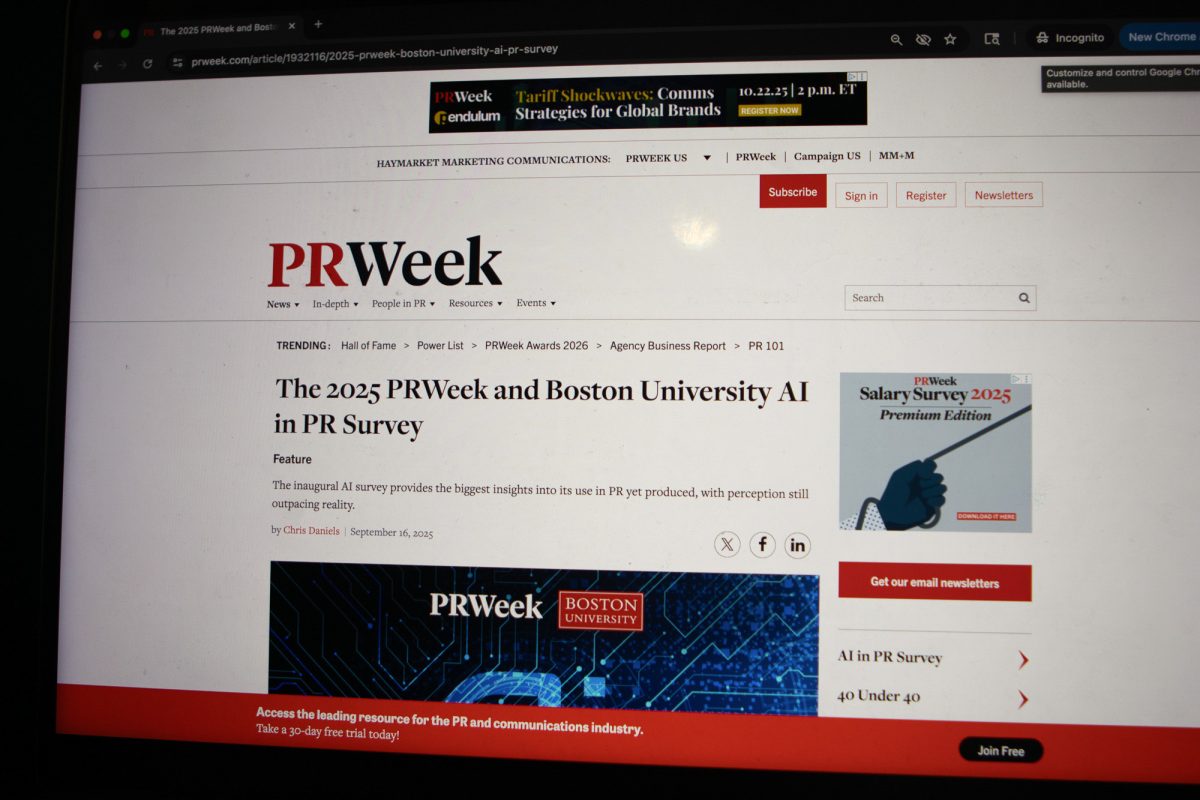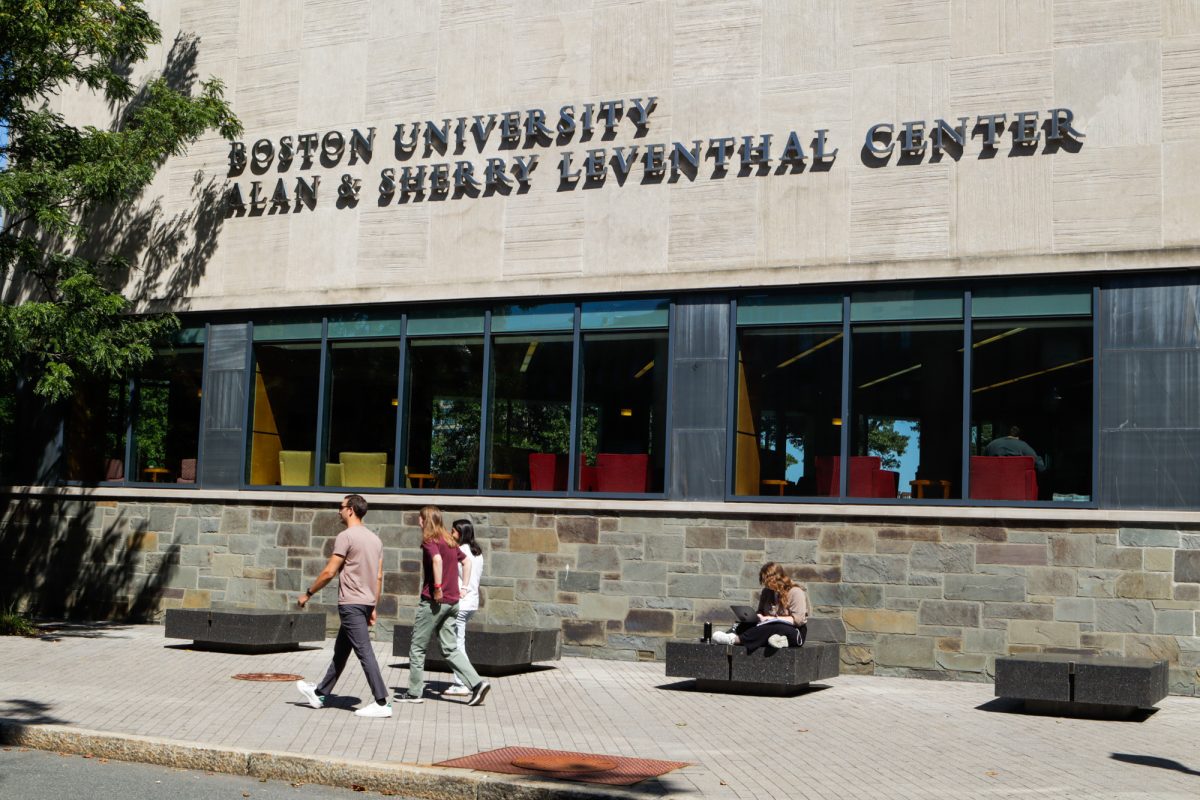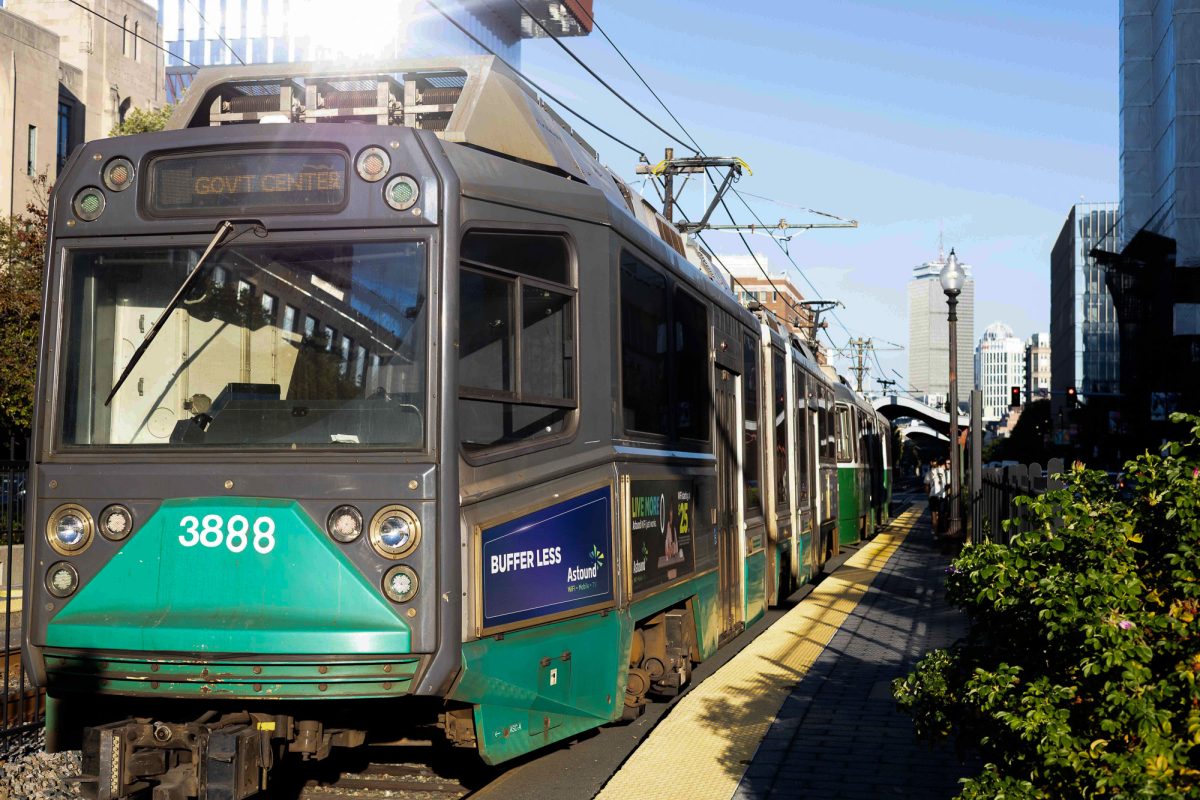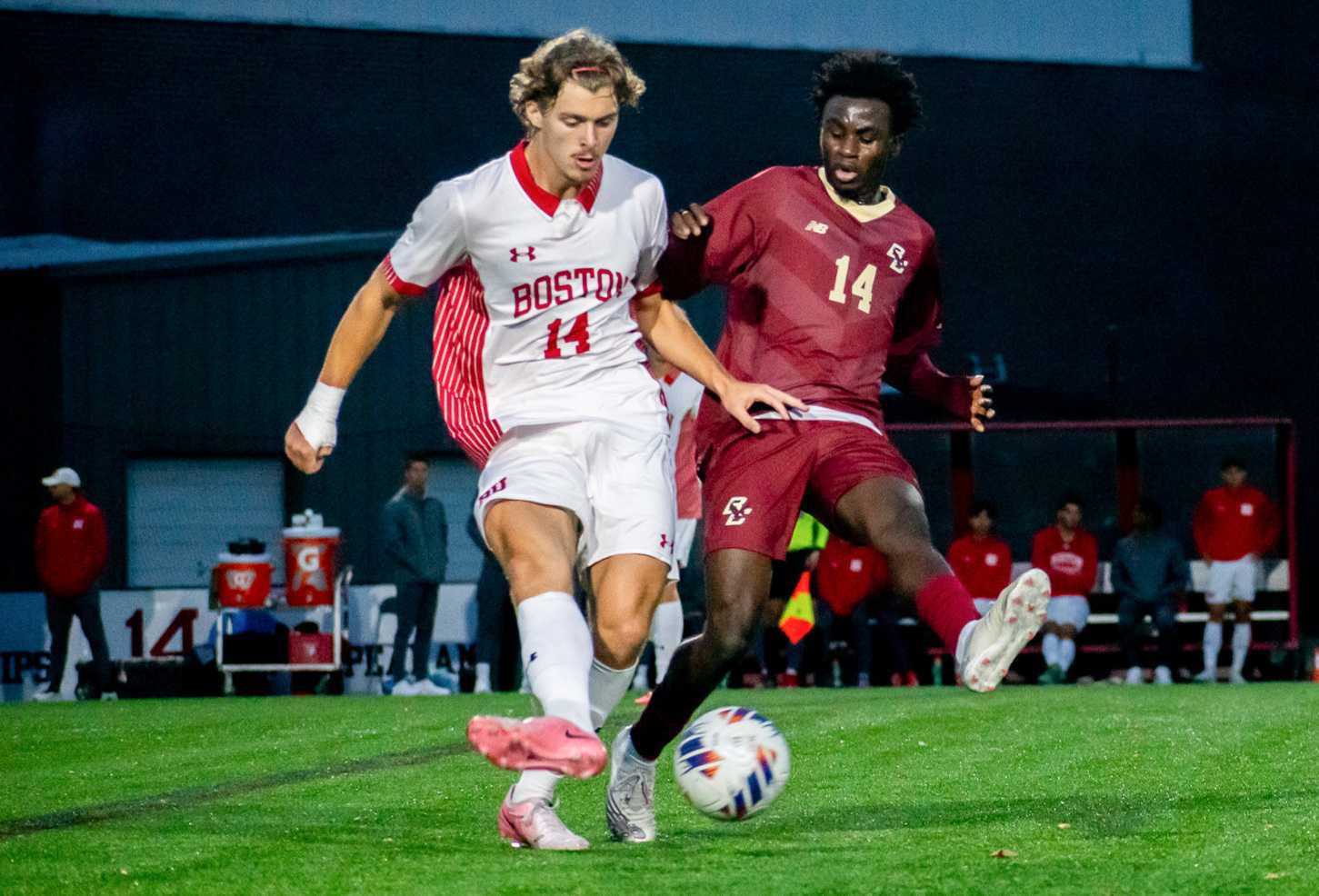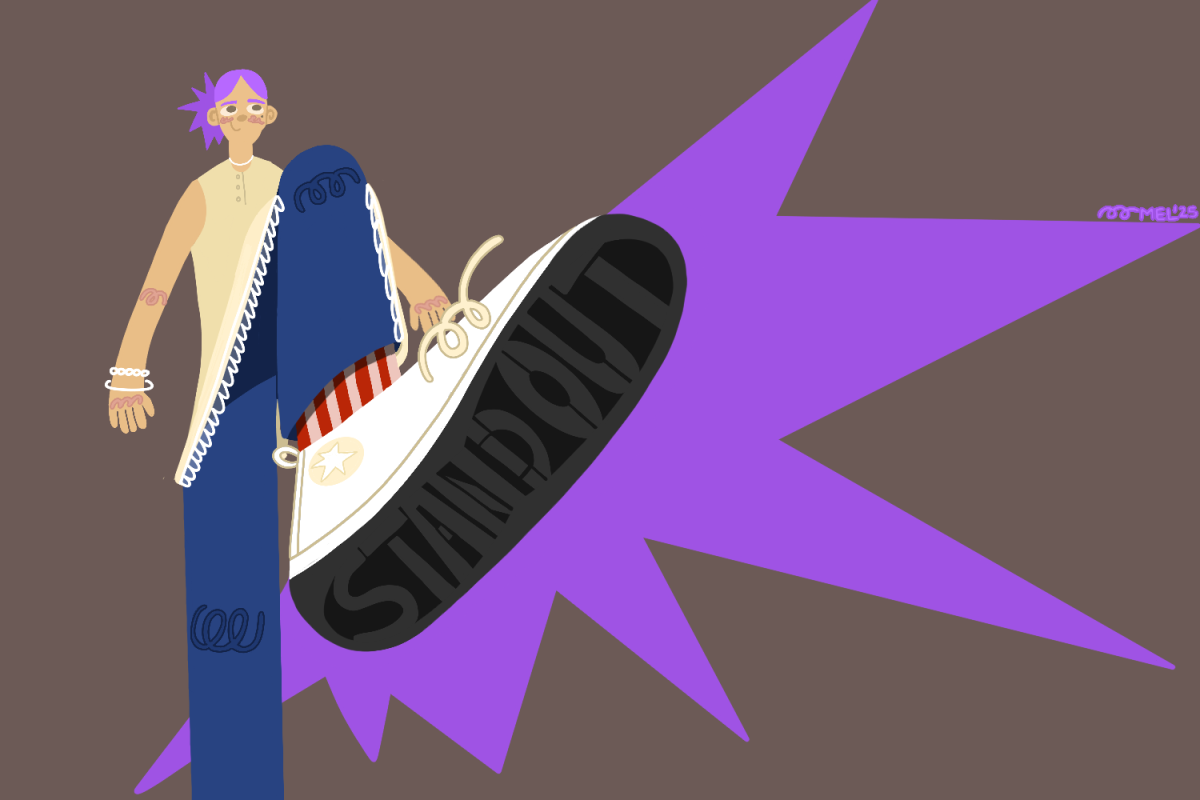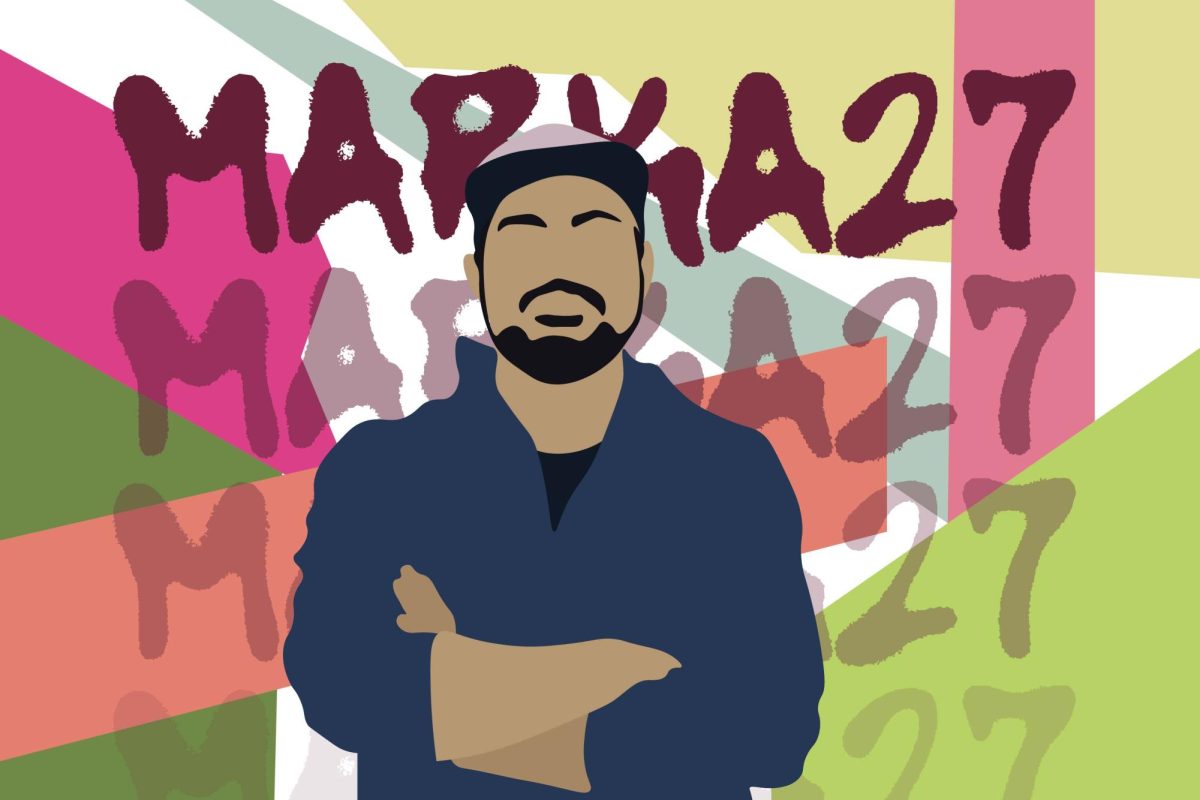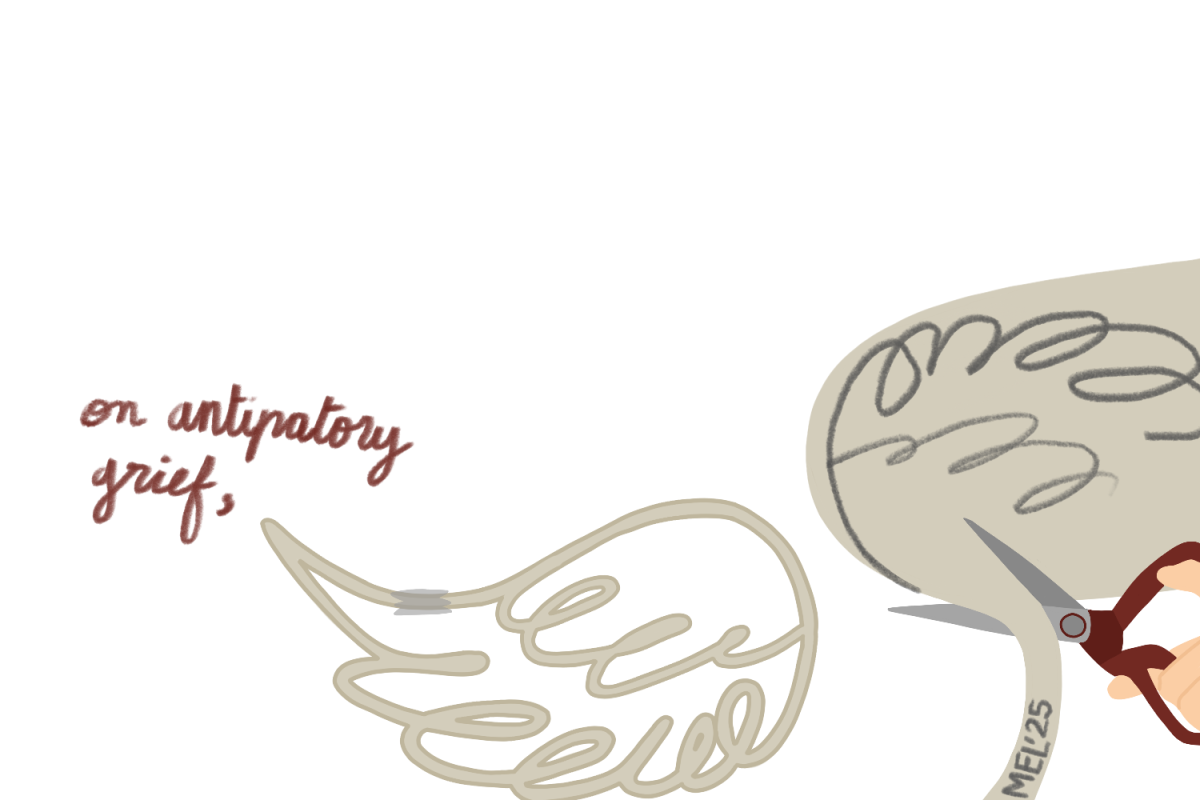Boston University’s location and city campus are unique features many other colleges lack, but having an open campus comes with a set of safety and security concerns.
All three of BU’s campuses are open to the public. The largest of BU’s three campuses, the Charles River Campus, spans more than 10 blocks across Commonwealth Avenue and is more than a mile long. It spans across many neighborhoods, and the Green Line B branch runs right through campus. The Fenway Campus and Medical Campus are both in central parts of Boston.
Boston is one of the safer cities in the United States.
Massachusetts is the fourth safest state in the country behind Vermont, New Hampshire and Maine, according to Forbes. According to GBH, the FBI’s 2023 crime data ranks Boston as the 16th safest city out of 50 major U.S. cities.
Because BU’s campus does not have a defined perimeter, everyday people live near students. As of Nov. 16, 11 registered sex offenders live in the 02215 zip code, where the Charles River and Fenway campuses reside, according to the Massachusetts Sex Offender Registry Board.
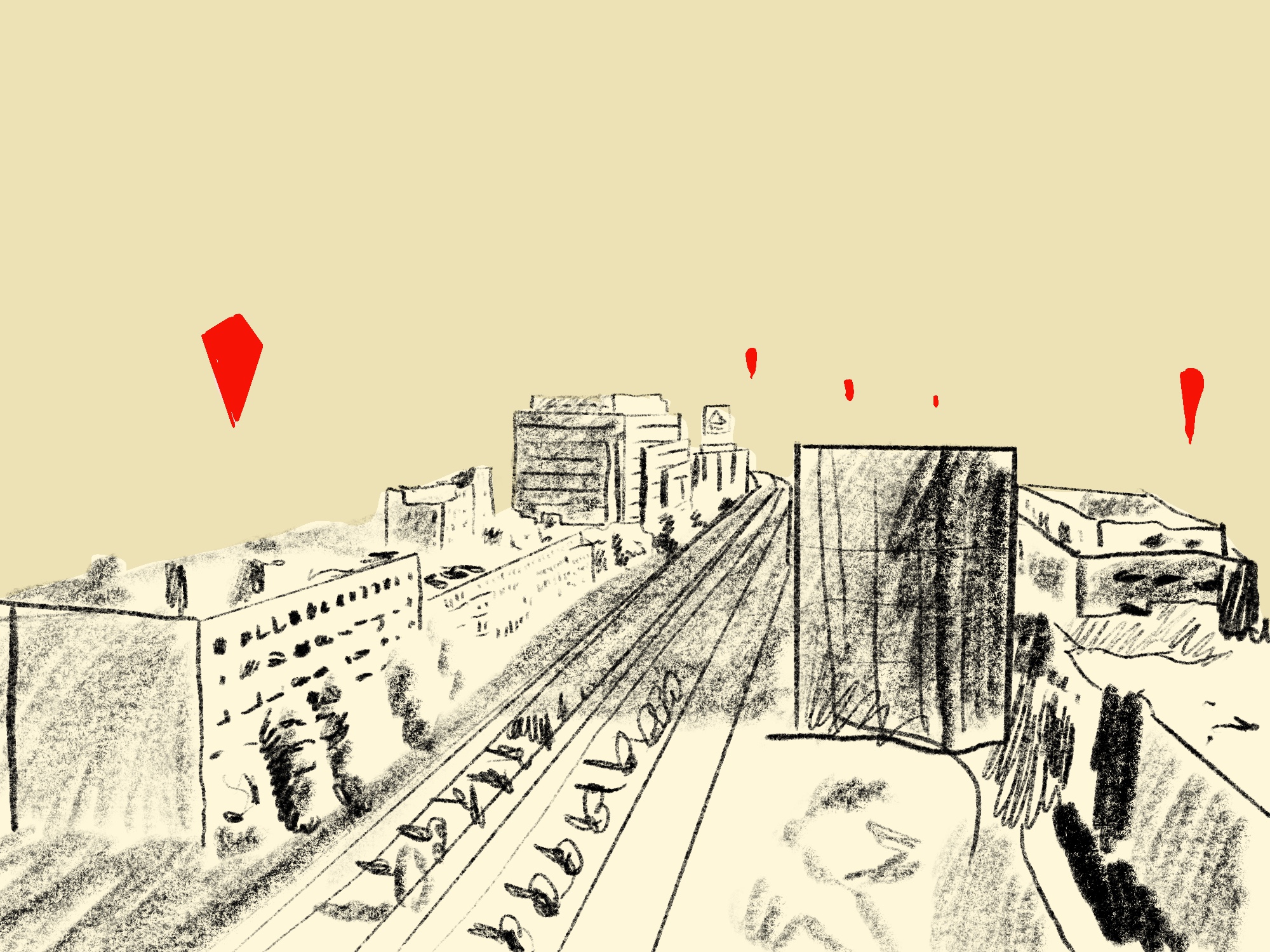
“Oh my gosh. I did not know that,” said Erika Arevalo, an AV technician who works at the George Sherman Union. Arevalo often works until 10 p.m., after which she walks from the GSU to the parking lot on Bay State Road. She said she generally feels safe when she walks to her car.
In the 02118 zip code, which includes the South End neighborhood where the BU Medical campus is, there are 76 registered sex offenders, the majority of which are homeless. Homeless sex offenders are required to register their locations with the board every 30 days.
Information from the SORB database is publicly available. However, freshman Dhir Patel was surprised about the number of sex offenders living near campus.
“It’s a little bit weird to know those people are on campus because then you don’t really know what to expect,” Patel said. “If I knew that information, then I would be more worried when I’m walking.”
Some students felt the number was less than anticipated for a major city like Boston.
“It doesn’t sound like a high number for the people that live around here,” law student Simone Zuchowski said.
Senior Jenisa Rodriquez said she was “not surprised” by the number of sex offenders living near campus, because it’s “something she’s always been aware of.”
“I feel like they’re everywhere.” Rodriguez said. “I think I assume the worst of people.”
According to BU Police Department’s 2024 Annual Security Report, 27 cases of various forms of sexual misconduct, three cases of aggravated assault and eight burglaries were reported on BU’s Charles River Campus in 2023. On the BUMC, 14 instances of aggravated assault and 24 instances of sexual misconduct were reported.
The number of reported sexual misconduct incidents generally decreased on campus since 2021.
However, the number of dating violence incidents increased from three in 2022 to five in 2023 on the Charles River Campus. Stalking incidents on campus also increased from three to five after dropping from 16 in 2021. The number of forcible fondlings on BUMC increased from zero in 2022 to 22 in 2023. Aggravated assaults on BUMC doubled from 2022 to 2023 as well.
Data published by the state annually showed a general decreasing trend in the number of sexual assaults in Boston since 2019. However, the database also recorded a 13% rise in sex offenses compared to 2022.
The number of sexual assaults or sexual misconduct incidents may be higher. It is likely that BUPD and Boston PD do not have the exact number of incidents, for reasons such as the underreporting of sexual assaults and the incentive universities have to keep crime numbers low.
According to BU Spokesperson Colin Riley, campus buildings and grounds are patrolled by BUPD, in addition to two Boston Police districts, Brookline Police, Massachusetts State Police and MBTA Transit Police.
The BU Alert system notifies the community via text, phone and email about incidents of sexual assault or misconduct that occur on BU property, in addition to ongoing emergencies and weather situations.
The back of every BU Terrier Card also includes phone numbers for the Boston University Police, the Scarlet SafeWalk and Student Health Services’ 24-hour coverage numbers, including Sexual Assault Response and Prevention. Older Terriers cards will have the number for the Escort Security Service, the former name of the Scarlet SafeWalk program.
Students are encouraged to call the phone numbers on the back of their Terrier cards “in an emergency, or to report suspicious behavior,” Riley wrote in an email. There are also Blue Light Emergency Phones around campus that will immediately connect students to BUPD dispatch.
Scarlet SafeWalk escorts students and employees walking on campus from 9 p.m. to midnight seven nights a week. The program, run by student volunteers, covers the Charles River campus only.
“The service is lightly used, but staffed every evening,” Riley wrote.
Students believe the SafeWalk program deserves more publicity and attention.
“I haven’t seen any advertisements or emails about that,” said Zuchowski, who, along with Patel, had previously never heard of Scarlet SafeWalk.
Patel believes the University should advertise the SafeWalk program to make students aware of its existence.
“It’s a big resource on campus, and especially if you’re an incoming student, you should know all the resources that we have,” Patel said.
Maya Mitchell and Bailey Scott contributed to the reporting of this article.



